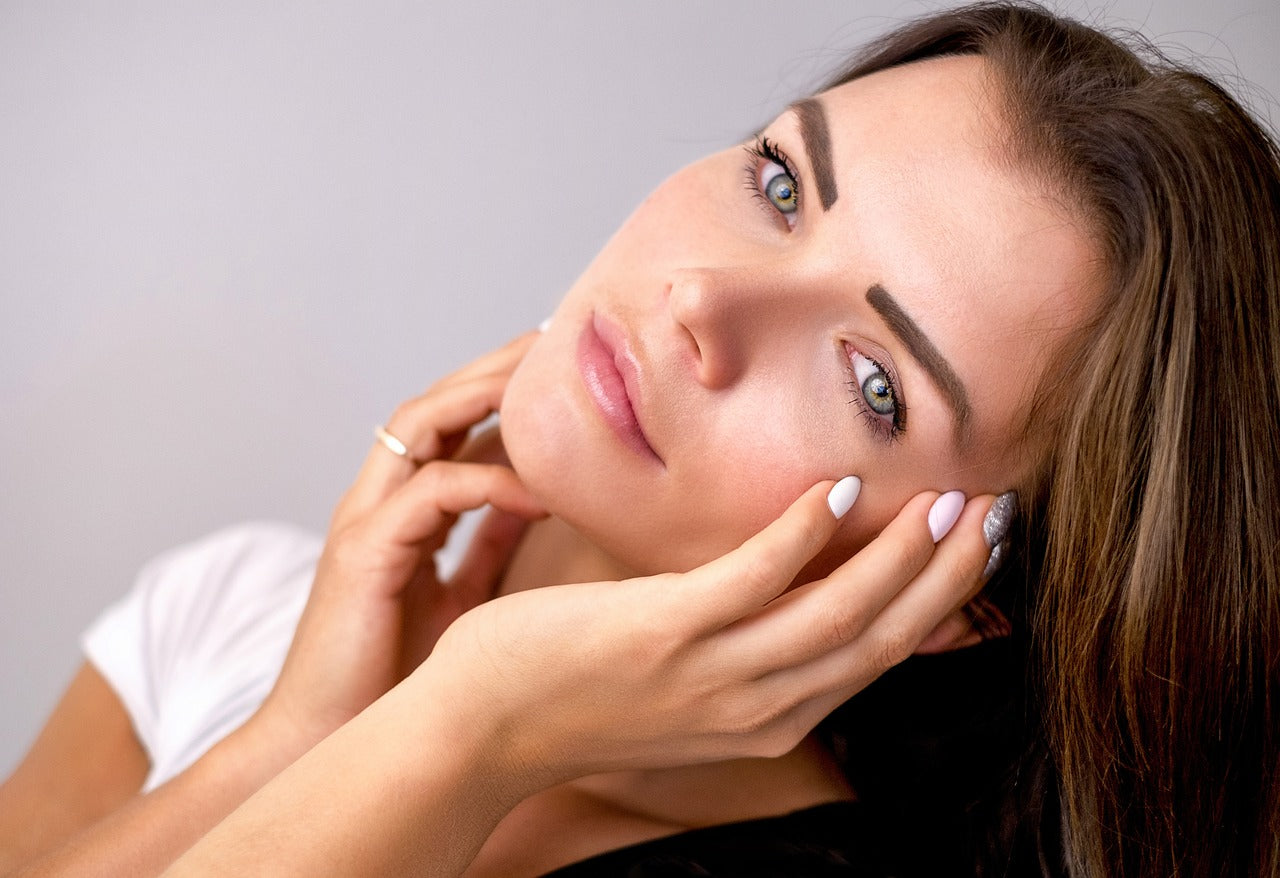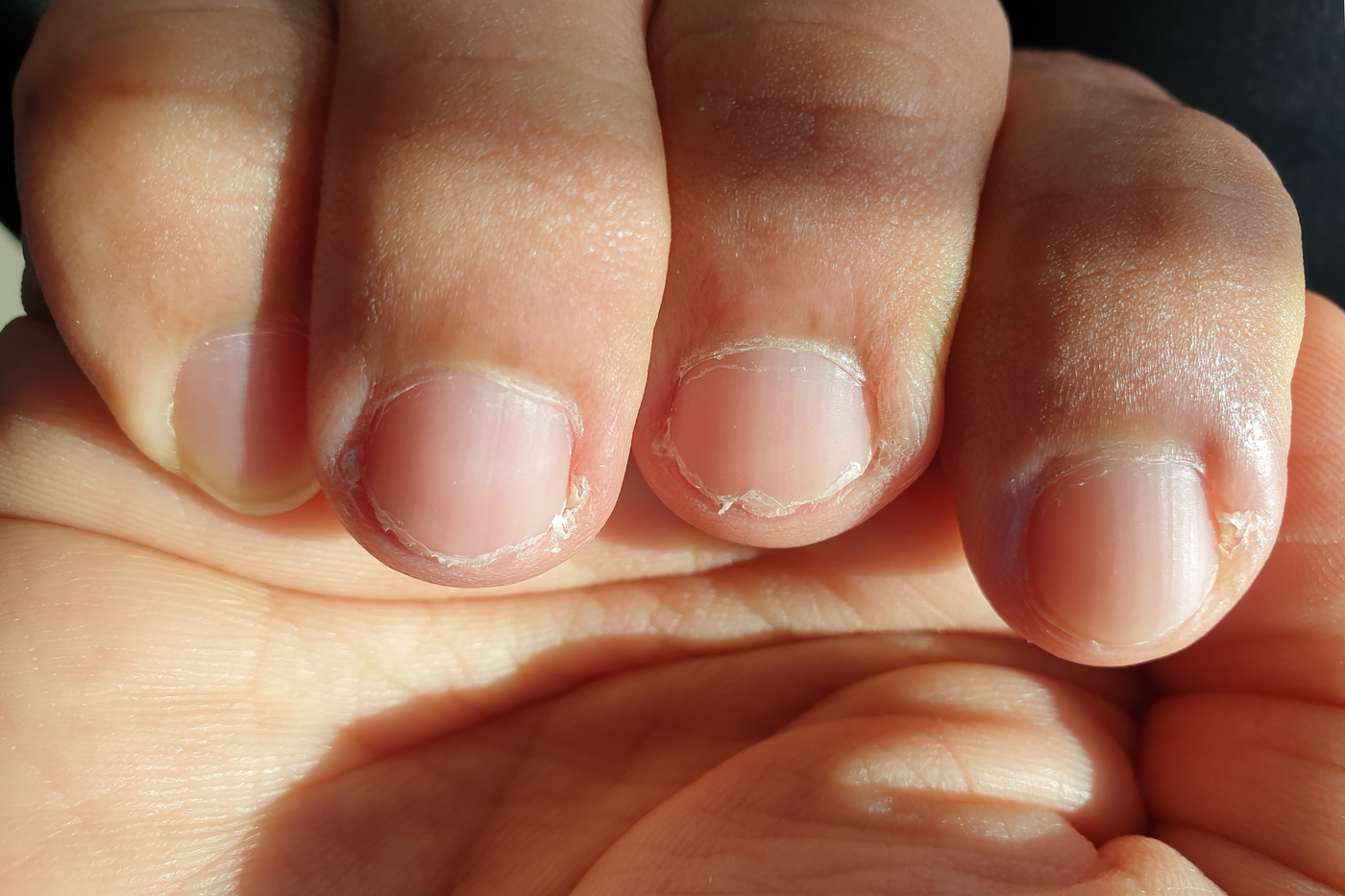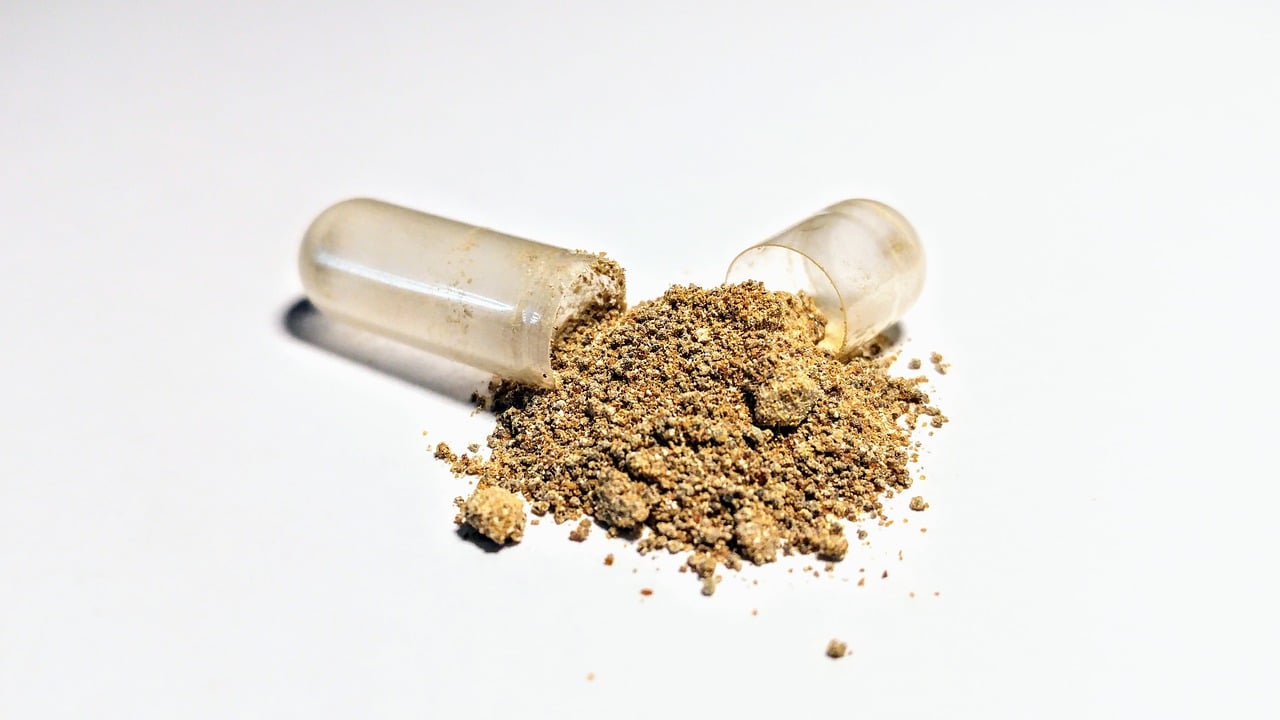A new category of skincare has emerged called skin ceuticals. These innovative formulations blend the best of traditional skincare with cutting-edge science. Often called cosmeceuticals, skin ceuticals incorporate potent active ingredients that cater to specific skincare needs, providing targeted benefits to address a range of concerns. In some skincare products, active ingredients can be found, but skin ceuticals contain higher concentrations to deliver visible results beyond moisturization and protection. As a result, they have earned the moniker "skin ceutical," a fusion of cosmetic beauty and pharmaceutical efficiency.
Understanding Skin Ceuticals
Skin ceuticals, or cosmeceuticals, combines time-honored skincare and cutting-edge science. Unlike standard skincare, skin ceuticals contain higher concentrations of rigorously studied active ingredients. Each ingredient is carefully selected to address a specific skin issue, such as diminishing wrinkles, boosting radiance, or fighting hyperpigmentation. By piercing deeper layers of the skin, they're more effective than ever, making them unsurpassed skincare tools [1].
Topical Skin Ceuticals
A topical skin ceutical delivers active ingredients, such as antioxidants, retinoids, peptides, hyaluronic acid, and alpha hydroxy acids (AHAs), directly to the skin to address specific concerns, like fine lines, wrinkles, hyperpigmentation, and dullness. Antioxidants ward off oxidative stress, retinoids invigorate collagen and cellular turnover, peptides refine texture, hyaluronic acid renews moisture, and AHAs unveil renewed radiance. Each ingredient steps into the spotlight, specifically targeting distinct concerns and contributing to a visage that epitomizes vibrancy and youthfulness.
Common Active Ingredients in Topical Skin Ceuticals:
Antioxidants (e.g., Vitamin C, Vitamin E):
Antioxidants, exemplified by Vitamin C and Vitamin E, stand as central players in numerous skin ceuticals. Their mission? Counteracting free radicals responsible for skin cell damage and premature aging. Vitamin C imparts radiance and bolsters collagen synthesis, while Vitamin E acts as a guardian against environmental stressors [2].
Retinoids (e.g., Retinol, Retinaldehyde):
Retinol and Retinaldehyde, derivatives of Vitamin A, are pivotal in Skin Ceuticals. They orchestrate collagen synthesis, stimulate cellular turnover, and diminish the appearance of fine lines and wrinkles. These retinoids lay the foundation for smoother skin texture and a youthful luminosity [3].
Peptides:
Peptides, comprised of amino acids, are instrumental in collagen synthesis. Their role? Refining skin texture, enhancing elasticity, and fostering a more defined appearance. Peptides contribute to a more resilient and fortified complexion [4].
Hyaluronic Acid:
Hyaluronic Acid, a skincare staple, excels in attracting and retaining moisture within the skin. This moisture infusion results in a plump, rejuvenated complexion radiating with youthful allure [5].
Alpha Hydroxy Acids (AHAs):
Glycolic acid and lactic acid, quintessential AHAs, play a vital role in Skin Ceuticals. These exfoliating agents delicately bid adieu to dullness by eliminating lifeless skin cells from the surface. The reward? A revitalized, radiant complexion [6].
The Science of Supplements Acting like Skin Ceuticals
Supplements for skin health offer an internal approach to achieving radiant skin. Supplements mimic skin ceuticals by nourishing the skin from within, addressing concerns at their core.
Collagen Supplements:
Collagen is a protein that provides structural support to the skin. However, natural collagen production starts to decline after age 25, so supplementing with collagen can be beneficial for skin health. Collagen supplements bolster the skin's structural integrity and hydration, reducing the visibility of fine lines and wrinkles [7].
Omega-3 Fatty Acids:
Omega-3 fatty acids found in fish oil have anti-inflammatory properties and can help maintain the skin's lipid barrier and to alleviate skin dryness and inflammation [8].
Ceramides:
Ceramides are essential lipids contributing to the skin's barrier function and moisture retention. Ceramide supplements may help improve skin hydration and barrier integrity [9].
Hyaluronic Acid:
Hyaluronic acid supplements replenish the body's natural reserves, promoting skin hydration and elasticity [10].
Astaxanthin:
Astaxanthin is a potent antioxidant found in seafood. It sheilds the skin from UV radiation and oxidative stress, contributing to a youthful and resilient complexion [11].
In short, collagen supplements enhance structural integrity, omega-3 fatty acids maintain hydration, ceramides boost barrier function, hyaluronic acid restores moisture, and astaxanthin offers protective benefits. While there are several advantages of taking supplements, individual responses may vary, so it's important to choose supplements backed by research and consult a healthcare provider. For more information about skin care supplements, check out Radiant Skin from Within and the Science Behind Skin Health Vitamins.
Synergy between Topical Skin Ceuticals and Supplemental Skincare
When you combine skin ceuticals with skin-enhancing supplements, you create a powerful synergy that benefits your skin in two ways. Topical treatments target the external skin, while supplements nourish your skin from within. This dual-action support system maximizes the intake of vital nutrients, promoting a balanced and thriving complexion.
Factors to Consider When Incorporating topical Skin Ceuticals into Your Routine
Even though skin ceuticals are designed to be gentle and non-irritating, the active ingredients still have the potential to cause an adverse reaction if used incorrectly. Patch testing can help you identify any sensitivities you may have to certain ingredients and determine which products are best suited for your skin. Additionally, following the recommended usage guidelines is important to ensure you're not applying too much of a product and causing skin irritation.
Remember, claims made by cosmeceutical products are often based on manufacturer testing and studies, which may not be independently verified or meet the same standards as those required for pharmaceutical drugs. This doesn't automatically mean that cosmeceuticals are ineffective or unsafe, but it highlights the importance of understanding the limitations of the available scientific evidence.
To ensure the safety and efficacy of cosmeceuticals, it is advisable to look for products that have undergone third-party testing, adhere to Good Manufacturing Practices (GMP), and have a solid reputation in the industry. Additionally, consulting with a dermatologist or skincare professional can provide valuable guidance in selecting products that are best suited to an individual's specific skin concerns and needs [12].
Debunking Myths and Misconceptions about Skin Ceuticals
Despite the growing popularity of skin ceuticals, there are still myths and misconceptions surrounding their use. Some believe that more is better, leading to overuse and potential irritation. It's essential to understand that active ingredients have specific functions and usage recommendations. Additionally, it's crucial to differentiate between ingredients intended for external application and those suitable for internal consumption.
Expert Tips for Choosing Skin Ceuticals
Here are 5 expert tips for choosing skin ceuticals:
- Consult a skincare expert: Before incorporating any new skincare product into your routine, it is beneficial to consult with a skincare professional. They can assess your specific skin concerns, recommend suitable products, and guide you toward the best choices for your skin type.
- Read and understand product labels: Take the time to carefully read and understand the product labels. Look for key information such as the list of ingredients, indications, and directions for use. This will help you determine if the product contains ingredients that address your specific skin concerns and if it aligns with your skincare goals.
- Stay consistent: Consistency is key when using skincare products. To experience optimal results, it is important to follow the recommended usage instructions consistently. Incorporate the products into your daily skincare routine and give them time to work.
- Patience is paramount: It is crucial to be patient and realistic with your expectations. Give the products an adequate amount of time to work and understand that individual results may vary. Remember, skincare is a journey, and long-term commitment is essential for achieving and maintaining healthy skin.
- Seek reputable sources and reviews: When choosing skin ceuticals, it can be helpful to seek out reputable sources and read reviews from other users. Look for feedback from individuals with similar skin concerns and see if their experiences align with your goals. This can provide valuable insights and help you make an informed decision about the suitability of the products for your needs.
Skin ceuticals and supplement-driven skincare offer a dynamic approach to achieving radiant, healthy skin. By harnessing the power of science-backed formulations, both topically and internally, you can enhance your skincare routine for optimal results. The journey to healthy skin involves making informed decisions based on evidence-based practices, ultimately reflecting your inner vitality on the outside. Incorporating innovative products like Healthycell's Vibrant Hair, Skin, & Nails MicroGel and Bioactive Multi MIcroGel can further nourish and revitalize your skin inside and out, ensuring a glowing complexion.
Author:
Amanda Herlocker MS, RDN, LDN is a Registered Dietitian with a Master's in Nutrition Science. As the founder of The Queen City Dietitian, LLC in Charlotte, NC, she brings a depth of knowledge to her writings. Amanda's expertise spans clinical nutrition, innovative recipe development, and evidence-based content creation for various platforms.
References:
- Draelos Z. D. (2019). Cosmeceuticals: What's Real, What's Not. Dermatologic clinics, 37(1), 107–115. https://doi.org/10.1016/j.det.2018.07.001
- Chen C, Xi Y, Weng Y. Recent Advances in Cellulose-Based Hydrogels for Tissue Engineering Applications. Polymers. 2022; 14(16):3335. https://doi.org/10.3390/polym14163335
- Sitohang, I. B. S., Makes, W. I., Sandora, N., & Suryanegara, J. (2022). Topical tretinoin for treating photoaging: A systematic review of randomized controlled trials. International journal of women's dermatology, 8(1), e003. https://doi.org/10.1097/JW9.0000000000000003
- Lupo, M. P., & Cole, A. L. (2007). Cosmeceutical peptides. Dermatologic therapy, 20(5), 343–349. https://doi.org/10.1111/j.1529-8019.2007.00148.x
- Eleni Papakonstantinou, Michael Roth & George Karakiulakis (2012) Hyaluronic acid: A key molecule in skin aging, Dermato-Endocrinology, 4:3, 253-258, DOI: 10.4161/derm.21923
- Sharad J. (2013). Glycolic acid peel therapy - a current review. Clinical, cosmetic and investigational dermatology, 6, 281–288. https://doi.org/10.2147/CCID.S34029
- Choi, F. D., Sung, C. T., Juhasz, M. L., & Mesinkovsk, N. A. (2019). Oral Collagen Supplementation: A Systematic Review of Dermatological Applications. Journal of drugs in dermatology : JDD, 18(1), 9–16.
- Nicolaou A. (2013). Eicosanoids in skin inflammation. Prostaglandins, leukotrienes, and essential fatty acids, 88(1), 131–138. https://doi.org/10.1016/j.plefa.2012.03.009
- Danby, S. G., AlEnezi, T., Sultan, A., Lavender, T., Chittock, J., Brown, K., & Cork, M. J. (2013). Effect of olive and sunflower seed oil on the adult skin barrier: implications for neonatal skin care. Pediatric dermatology, 30(1), 42–50. https://doi.org/10.1111/j.1525-1470.2012.01865.x
- Kawada, C., Yoshida, T., Yoshida, H. et al.Ingested hyaluronan moisturizes dry skin. Nutr J 13, 70 (2014). https://doi.org/10.1186/1475-2891-13-70
- Tominaga, K., Hongo, N., Karato, M., & Yamashita, E. (2012). Cosmetic benefits of astaxanthin on humans subjects. Acta biochimica Polonica, 59(1), 43–47.
- Newburger A. E. (2009). Cosmeceuticals: myths and misconceptions. Clinics in dermatology, 27(5), 446–452. https://doi.org/10.1016/j.clindermatol.2009.05.008



